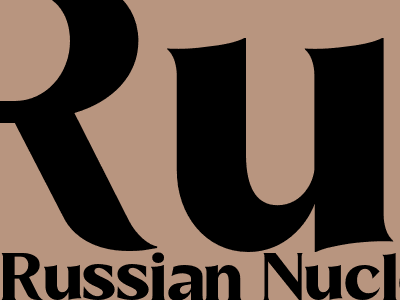
Russian Nuclear Deterrence and Proliferation
Russian Nuclear Deterrence
Russia maintains a vast and sophisticated nuclear arsenal. As of 2023, the Russian Federation possesses an estimated 5,977 nuclear warheads, the largest stockpile in the world. These warheads are deployed on a variety of delivery systems, including intercontinental ballistic missiles (ICBMs), submarine-launched ballistic missiles (SLBMs), and strategic bombers.
Russia's nuclear deterrence strategy is based on the concept of "massive retaliation." This strategy aims to deter any potential adversary from attacking Russia by threatening to inflict unacceptable damage in response. Russia's nuclear arsenal is designed to provide a credible deterrent against attack by both nuclear and non-nuclear weapons.
Russian Nuclear Proliferation
Russia has a long history of nuclear proliferation. In the 1950s and 1960s, the Soviet Union provided nuclear assistance to China and North Korea. Since the collapse of the Soviet Union, Russia has continued to cooperate with other countries on nuclear issues, including Iran and Syria.
Russia's nuclear proliferation activities have raised concerns among the international community. The United States and other countries have accused Russia of violating international non-proliferation norms. Russia has denied these allegations, but the evidence suggests that it has continued to engage in nuclear proliferation activities.
Conclusion
Russian nuclear deterrence and proliferation are major concerns for the United States and the international community. Russia's vast nuclear arsenal and its willingness to use nuclear weapons to defend its interests pose a significant threat to global security. Russia's nuclear proliferation activities also undermine international efforts to prevent the spread of nuclear weapons.
The United States and other countries must work together to address the challenges posed by Russian nuclear deterrence and proliferation. The United States should continue to engage with Russia on nuclear issues and should work to strengthen international non-proliferation norms. The United States should also work to reduce the risk of nuclear conflict between Russia and the United States.